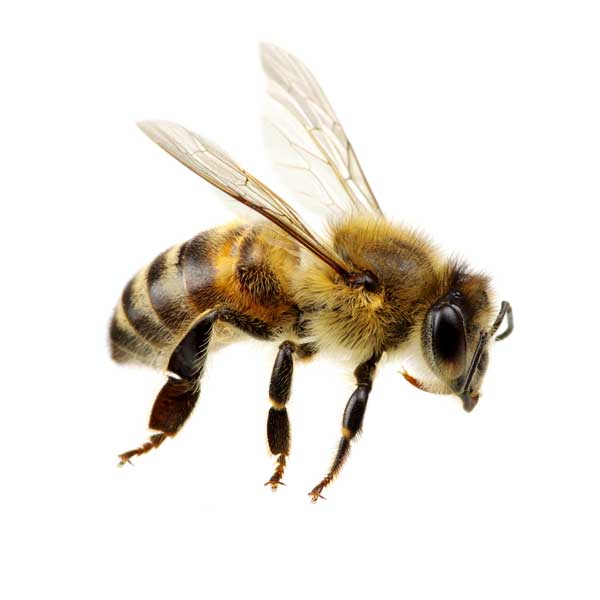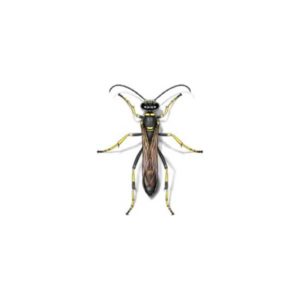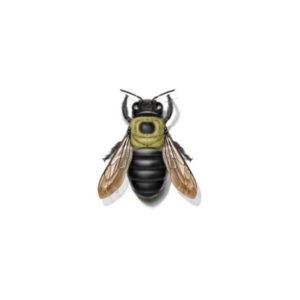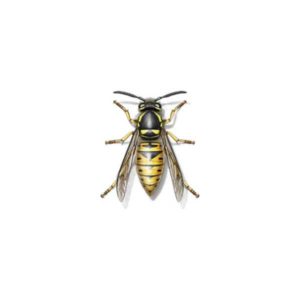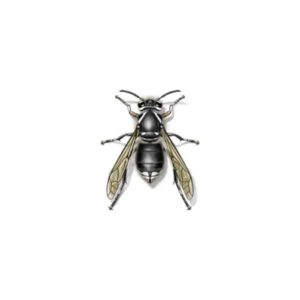Honey Bees in Albuquerque NM
Honey bees are considered to be one of the most important contributors to our environment. These bees are active pollinators that, true to name, produce honey. Their colonies can survive for years. Queen honey bees are slightly larger than male honey bees, also known as drones. Honey bees are found all across the United States and pollinate more than 100 types of crops. Africanized honey bees are much more aggressive and infamous than the other common type we see here in Albuquerque, European honey bees. They will swarm when the colony becomes too large for its hive, which can appear menacing when their colonies contain 20,000-80,000 members.
Honey Bee Nests & Habitat
Honey bees are most visible in summer and late spring when new queens leave their old colonies along with thousands of workers to build new nests in tree hollows or crevices. At this time, large groups of bees can be seen swarming together to find a new nesting place. It takes a swarm approximately 24 hours to locate a new nesting site. Honey bees often build their nests in crevices, but will occasionally build nests in attics or chimneys. Their hives can contain thousands and thousands of bees.
Honey Bee Behaviors & Stings
Honey bees are capable of stinging. The thing to know about honey bees is that, unlike many types of stinging insects, they are only capable of stinging once! They possess a barbed stinger that will get caught in the skin of the victim. Honey bee stings are quite painful and even life-threatening to a small percentage of people who are allergic to the venom. Only female workers are capable of stinging and are not likely to sting when foraging for nectar and pollen in the back yard. Bee stings generally happen when these docile bees are provoked or accidentally crushed. Honey bees will sting to protect their hive but each bee can sting only once, and then it dies.
If you notice honey bee swarms or hives near your property, always contact your local bee control company for advice and assistance.
Need help with honey bees?
We'll call you! Leave your information below.

